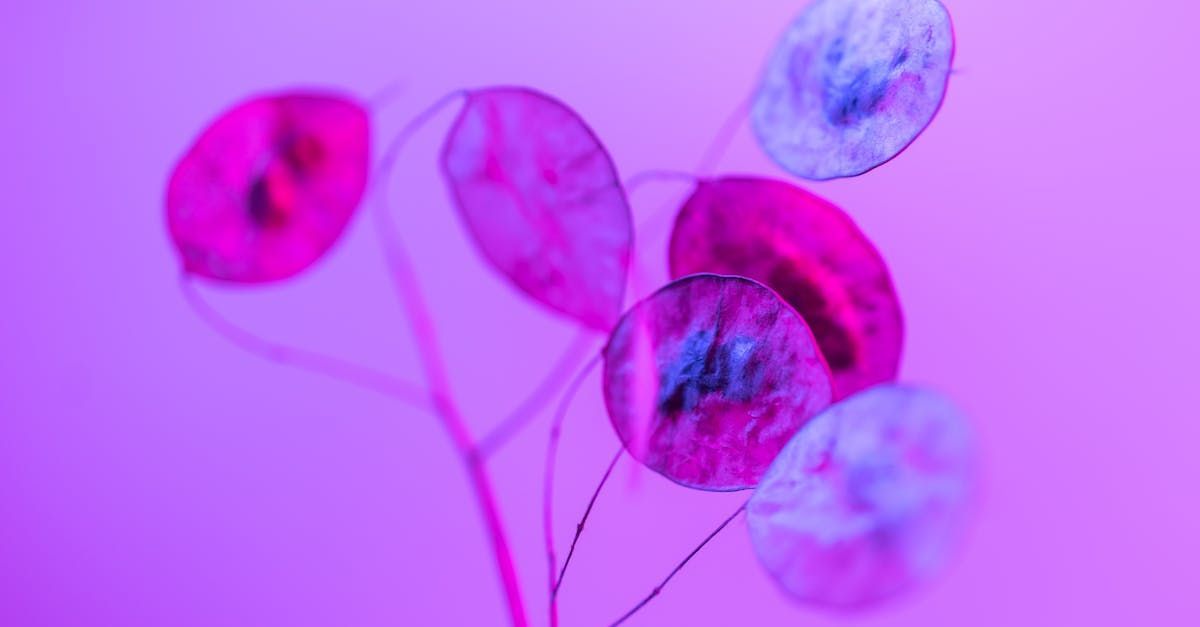Menstrual Cycles: How well do you understand yours?
The Fifth Vital Sign We Should Be Assessing

Once a year you visit your OBGYN and get asked some general questions about your overall health, including when your last menstrual cycle was.
And usually thats where those questions stop.
How in depth does your provider talk with you about your menstrual cycle? How well do you understand the ebbs and flows of your hormones throughout the month? How well do you know the norm, and how your body's hormone cycle is currently operating?
Did you know a menstrual cycle is considered the "fifth vital sign?". Your cycle tells you a LOT about your current state of health.
Providers should be asking things such as:
- How long is your cycle?
- Do you get PMS symptoms such as cramping, mood swings, or food cravings?
- How heavy or light is your flow?
- When your period starts, is it a light bleed that progresses into heavier bleeding or does it start off on your first day as a heavy flow?
Our cycles are not just a physical process, but more an in depth monthly report card on our health and our hormones. The menstrual cycle brings in necessary changes in our bodies through fluctuations in our hormones, and by understanding these changes we can have a gauge of our current health.
It is important to understand that the length of your menstrual cycle is different than the length of your period bleed. According to the Mayo Clinic a typical menstrual cycle last anywhere from 21-35 days and a typical period bleed occurs for 2-7 days. Throughout the course of our menstrual cycle there are several hormones that come into play; Lutenizing hormone, Folicle stimulating hormone, estrogen, testosterone (yes, women have and need testosterone), and progesterone.
During menopause, estrogen starts to drop off, but did you know that our progesterone starts dropping off around age 35?

These 5 hormones fluctuate greatly throughout our cycle and each hormone has its own personality and needs.
Day 1 of your menstrual cycle is considered to be the first day of your cycle that you bleed enough to need to use period products.
On day 2, Estrogen begins to rise and continues to rise until ovulation. On a traditional 28 day cycle, ovulation typically occurs around day 14, so from day 2 to day 14 of your cycle estrogen is on the rise. This phase of your cycle is known as the follicular phase. The purpose of rising estrogen is for your body to prepare for a pregnancy. Fasting and hormone expert, Dr. Mindy Pelz calls this our power phase. This is because the rise in estrogen allows for clearer thinking and better coordination. According to Women’s Day, most women report feeling their best during this phase of their cycle.
During our ovulating phase we see a small peak in testosterone. Testosterone is responsible for our sex drive and the reason there’s a peak during ovulation is because the main purpose of our menstrual cycle is to prepare our bodies for pregnancy. Dr. Danzier the co-founder of Southern California Reproductive Center shares that during this time women report feeling more energy and increased sex drive as well as breast tenderness, headaches, and weight gain.
After completion of ovulation, usually around day 21 of our cycle, progesterone peaks.
If you do not have a good peak in progesterone, you can experience things such as irregular menstrual periods, spotting and headaches, and this could also affect your ability to get pregnant.
Shortly after the peak, if implantation doesn’t occur we see a sharp decline in progesterone. This phase of our cycle is known as the luteal phase. Because this is the last phase of your cycle leading up to your period bleed, most women don’t feel their best during this time. Dr. Mindy Pelz calls this our rest phase. Women often report during this time to have bloating, lower energy levels, increase in food cravings and other unpleasant PMS related symptoms.
Toward the end of the luteal phase, when our egg is not fertilized we see our estrogen and progesterone levels drop and this is when our period begins.
If you have concerns about your cycle and feel that any part of your cycle may be abnormal this is the perfect opportunity to work with me! At Integro, I help women take control of their hormone health by doing comprehensive assessments in various ways. I run blood work to evaluate your hormones on a much more detailed scale than your traditional western medicine provider. In addition to blood work I also specialize in the DUTCH test. The DUTCH test stands for dried urine test for comprehensive hormones. Through these tests we can begin to evaluate your hormones and create a plan moving forward to create hormone balance.
Stay Vibrant and Empowered
-Kathryn



